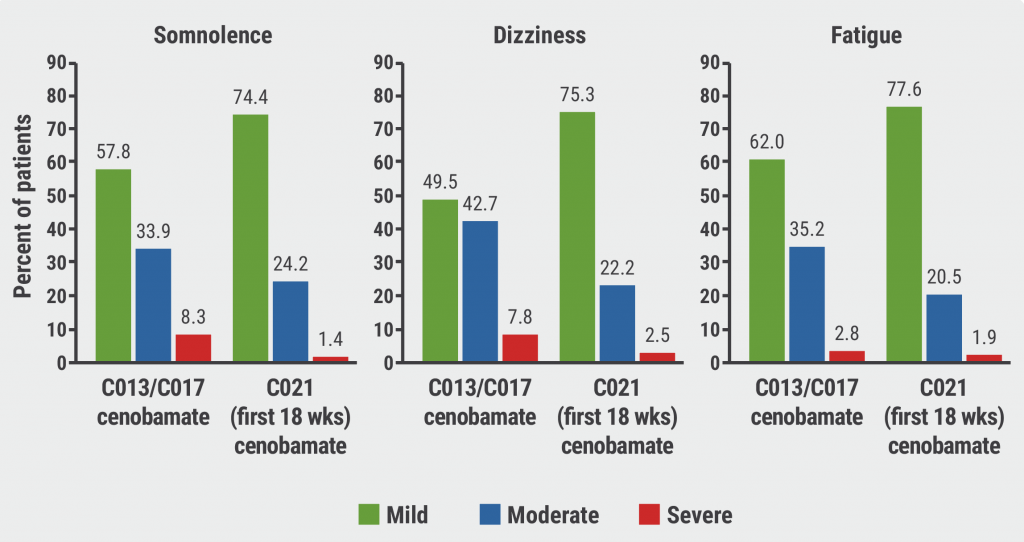Applying precision medicine to stroke care in order to identify diagnostic and prognostic markers is challenging but crucial. “Guidelines are essential to support the clinician's decision-making process, but in daily care they are not always helpful, particularly because we face the challenges posed by the heterogeneity of cerebrovascular disease phenotypes and the complexity of individual cases,” Dr Lorenzano said. Strong recommendations in guidelines are based on randomised controlled trials, which generally cannot fully consider the complexity of cerebrovascular disease pathophysiology for reasons of feasibility and study design. Exactly these shortcomings of trials could be overcome by precision medicine. The continuous forming and applying of large datasets, the growing collection of omics data (genomics/transcriptomics/proteomics/metabolomics), and the development of advanced neuroimaging techniques (including metabolic imaging, imaging of functional connectivity, and radiomics) have established a basis for precision medicine in stroke. Precision medicine can improve primary/secondary prevention, diagnosis, phenotyping, treatment, and prognosis.
Implementation of precision medicine into clinical practice is still far from being a reality, however, and healthcare disparities around the world may slow this down. Nevertheless, stroke patients already request personalised management. Multidisciplinary teams including clinicians, biostatisticians, and experts in omics, imaging techniques, computational science, digital health, and big data are needed. Multicentre collaborative efforts should be put in place through the establishment of consortia and adequate infrastructure for proper and standardised data collection.
In a down-to-earth conclusion of the session, Prof. Louis Caplan (Harvard Medical School, MA, USA) argued precision medicine and personalised medicine should be combined in daily practice [2]:
- Find out exactly what is wrong with each patient in as much detail as possible. (Here Prof. Caplan quoted Miguel de Cervantes, author of Don Quixote: “For when the cause of the complaint is unsure, ‘Twould be a miracle to find a cure.”)
- Get to know each patient and their circumstances: family situation, psychosocial and economic stress, thoughts, fears, biases, and wishes.
- Therapeutic decisions are made with, by, and for complex individuals.
- Lorenzano S. Precision medicine in stroke – Current applications. FW08-1, EAN 2021 Virtual Congress, 19–22 June.
- Caplan LR. Precision medicine or personalized medicine? FW08-3, EAN 2021 Virtual Congress, 19–22 June.
Copyright ©2021 Medicom Medical Publishers
Posted on
Previous Article
« Prenatal valproate exposure increases risk of adverse neurodevelopmental outcome Next Article
Sex modulates effect of cognitive reserve on subjective cognitive decline »
« Prenatal valproate exposure increases risk of adverse neurodevelopmental outcome Next Article
Sex modulates effect of cognitive reserve on subjective cognitive decline »
Table of Contents: EAN 2021
Featured articles
Letter from the Editor
COVID-19
First evidence of brainstem involvement in COVID-19
Cognitive/behavioural alterations persistent after COVID-19
Neural base of persistent hyposmia after COVID-19
Neurological symptoms and complications of COVID-19 affect outcomes
Cerebrovascular Disease
Intracerebral haemorrhage only slightly increases mortality in COVID-19 patients
Stroke with covert brain infarction indicates high vascular risk
Expanding precision medicine to stroke care
Dexamethasone not indicated for chronic subdural haematoma
Cognitive Impairment and Dementia
Severe outcomes of COVID-19 in patients with dementia
Promising diagnostic accuracy of plasma GFAP
Sex modulates effect of cognitive reserve on subjective cognitive decline
Hypersensitivity to uncertainty in subjective cognitive decline
Epilepsy
Minimally invasive device to detect focal seizure activity
‘Mozart effect’ in epilepsy: why Mozart tops Haydn
Migraine and Headache
Factors associated with decreased migraine attack risk
Pregnant migraine patients at higher risk of complications
Occipital nerve stimulation in drug-resistant cluster headache
Rhythmicity in primary headache disorders
Multiple Sclerosis and NMOSD
Typing behaviour to remotely monitor clinical MS status
Alemtuzumab in treatment-naïve patients with aggressive MS
No higher early MS relapse frequency after stopping ponesimod
Good long-term safety and efficacy of inebilizumab in NMOSD
Neuromuscular Disorders
Inability to recognise disgust as first cognitive symptom of ALS
Pathogenic T-cell signature identified in myasthenia gravis
Parkinson’s Disease
Levodopa-carbidopa intestinal gel in patients with advanced PD
New Frontier – Navigated Transcranial Ultrasound
Exploring the possibilities
Related Articles
August 18, 2021
Eptinezumab shows acute benefits during migraine attack
August 18, 2021
Positive results from ublituximab versus teriflunomide

August 18, 2021
Good safety and efficacy of cenobamate for focal seizures
© 2024 Medicom Medical Publishers. All rights reserved. Terms and Conditions | Privacy Policy
HEAD OFFICE
Laarderhoogtweg 25
1101 EB Amsterdam
The Netherlands
T: +31 85 4012 560
E: publishers@medicom-publishers.com

